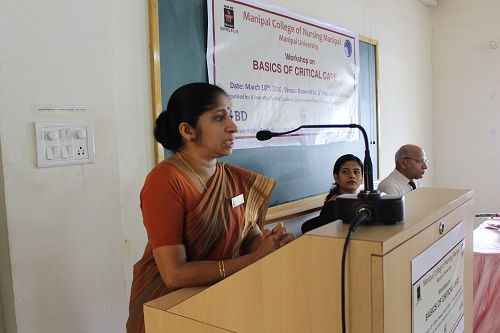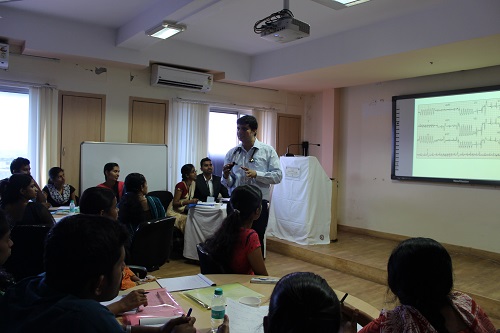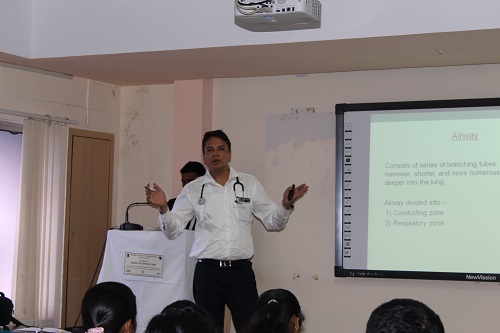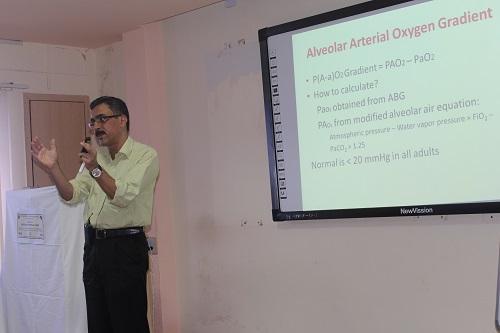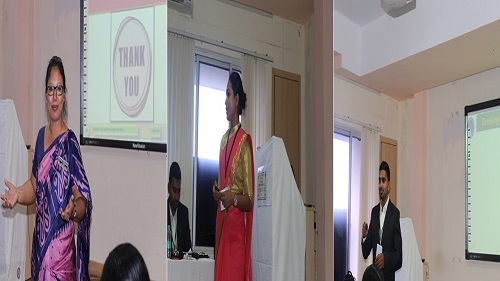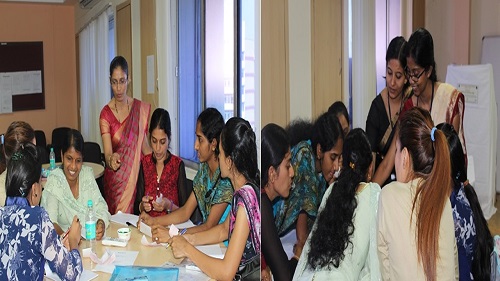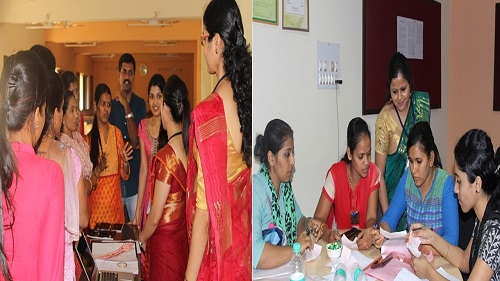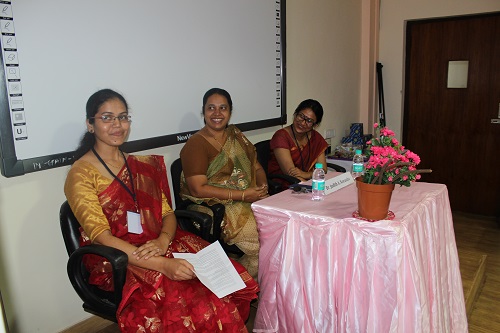Report of CNE on “Basics of critical care”
Critical care speciality students of Manipal College of Nursing Manipal Academy of Higher Education organized Continuing Nursing Education program - a hands on experience for the ICU nurses of Kasturba Hospital Manipal.

